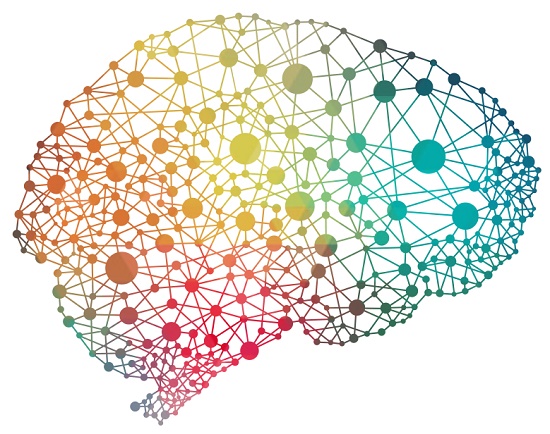
In 2013, Johns Hopkins University researcher and epidemiologist Dr. Frank Lin guided a study that was the first to examine the possible consequence of hearing loss on brain function.
Volunteers with hearing loss took recurring cognitive assessments, used to quantify memory and thinking skills, over the length of six years. Hearing tests were also completed over the same time period.
What the investigators found was concerning: the cognitive abilities of those with hearing loss diminished 30 to 40 percent faster than those with normal hearing, even after accounting for other contributing factors like high blood pressure, age, and diabetes.
But that wasn’t all. Not only did people with hearing loss suffer from higher rates of cognitive decline—the decline was directly linked to the intensity of the hearing loss. The more severe the hearing loss, the greater impairment to brain functioning. Furthermore, those with hearing loss showed indications of substantial cognitive deterioration 3.2 years sooner than those with normal hearing.
The research demonstrates a deep association between hearing loss and cognitive decline, but the question remains as to how hearing loss can cause cognitive decline.
How Hearing Loss Creates Cognitive Decline
Researchers have proposed three reasons for the link between hearing loss and cognitive decline:
- Hearing loss can contribute to social isolation, which is a recognized risk factor for cognitive decline.
- Hearing loss causes the brain to allocate too many resources to the processing of sound, at the expense of short term memory and thinking.
- A common underlying trauma to the brain causes both hearing loss and decreased brain function.
Possibly it’s a collection of all three. What is evident is that, regardless of the cause, the relationship between hearing loss and cognitive decline is strong.
The question now becomes, what can we do about it? Experts estimate that 27 million Americans over age 50, including two-thirds of men and women aged 70 years and older, are suffering from some type of hearing loss. Is there a way those with hearing loss can prevent or slow cognitive decline?
Can Hearing Aids Help?
Recall the three ways that hearing loss is considered to trigger more rapid cognitive decline. Now, think about how hearing aids could deal with or correct those causes:
- People that use hearing aids restore their social confidence, become more socially active, and the effects of social isolation—and its contribution to mental decline—are lessened or eliminated.
- Hearing aids protect against the overtaxing impact of struggling to hear. Cognitive resources are freed up and available for memory and thinking.
- Hearing aids present boosted sound stimulation to the brain, helping to re-create neural connections.
Admittedly, this is mainly theoretical, and the big question is: does utilizing hearing aids, in fact, slow or protect against hastened mental decline, and can we measure this?
The answer may be discovered in an forthcoming study by Dr. Frank Lin, the head researcher of the initial study. Lin is presently working on the first clinical trial to study whether hearing aids can be objectively measured to prevent or mitigate brain decline.
Stay tuned for the results, which we’ll address on our blog once published.